Why Propane
Propane is a safe, cost-efficient fuel that has been part of America’s energy mix for more than a century.
Millions of U.S. households and businesses rely on propane – also known as LPG for liquified petroleum gas – for water and space heating, indoor and outdoor cooking, clothes drying and backup power. In addition, more and more industries are turning to propane to cost-effectively fuel their vehicles, forklifts and other equipment, while also lowering emissions.
Here are some reasons America is choosing propane:
- Propane is Cleaner Burning
- An approved clean fuel listed in the 1990 Clean Air Act, propane can be used instead of gasoline or fuel oil as an economical and viable step toward cleaner air. In fact, using propane reduces the greenhouse gas carbon dioxide and air pollutants like carbon monoxide and nitrogen oxide.
- Propane is American Made
- As the world’s largest energy producer, the United States makes propane through petroleum refining, natural gas processing and, increasingly, renewable fuel processing. More than 145,000* workers across the U.S. are employed in the propane industry, which contributes $40 billion annually to the U.S. economy.
- Propane is Abundant
- America is the leading producer of propane and we are providing more than enough to meet demand. As a clean-burning alternative to gasoline and diesel fuel, propane addresses energy challenges now while the propane industry continues to develop long-term renewable technologies
- Propane is Versatile
- Consumers across America rely on propane for home heating and cooking, water heating, fireplaces, clothes drying, back-up power (generators) and outdoor living. Commercial and industrial business owners as well as farmers and ranchers are turning to propane, thanks to its versatility and portability. Propane can be used for forklift fuel and temporary heating as well as irrigation, grain drying, stock tank heating, fueling farm equipment and much more. Plus, propane’s efficiency improves profitability.
- Propane Vehicles Win the Race
- Propane is the lowest-cost transportation fuel available. More than 200,000 propane vehicles drive the road today, 14,000 of which are school buses that transport 850,000 school children every day in the U.S.
How Are U.S. Consumers Using Propane?
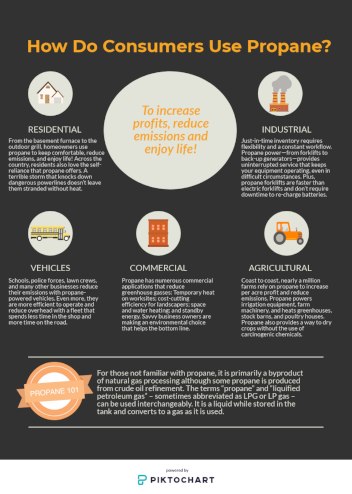
Compare Propane to Electricity
Propane Saves Money and Reduces Waste
Clean-burning propane appliances waste very little fuel in the combustion process, unlike electric-powered appliances, which are less efficient. For example:
- Propane water heaters can cost one-third less to operate, yet recover water twice as fast as an electric water heater. Plus, propane tankless water heaters generate about half the carbon emissions of an electric water heater.
- Propane-fueled furnaces last an average of 20 years, while electric heat pumps last an average of just 12 to 14 years. And propane furnaces generate warmer heat than an electric heat pump. (A propane gas furnace heats air to about 130 degrees F. to 140 degrees F., whereas an electric heat pump produces heat below body temperature of 98.6 degrees F., so the air actually feels cool when placing your hand in front of a vent).
- Propane is more dependable than electricity, since propane can be stored safely in a tank on location, while electricity is subject to power outages.
According to the Propane Education & Research Council’s report from 2012.
Compare Propane to Diesel
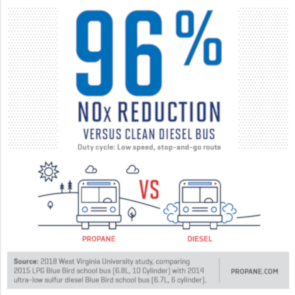
Propane autogas is a clean-burning alternative fuel that can power fleets from school buses and police cars to lawnmowers. Here’s what you need to know when thinking about ways to maximize your transportation budget:
- On average, propane is 30% less expensive per gallon than gasoline and costs 50% less than diesel.
- Propane engines require less maintenance than diesel engines that require complex filter and fluid systems to reduce emissions. Propane is already clean burning.
- With fewer parts to maintain, propane engines spend less time in the shop and more time on the road, increasing productivity.
- Propane vehicles don’t require block heaters in cold climates. These block heaters are a two-fold expense in installation and adding to the electric bill.


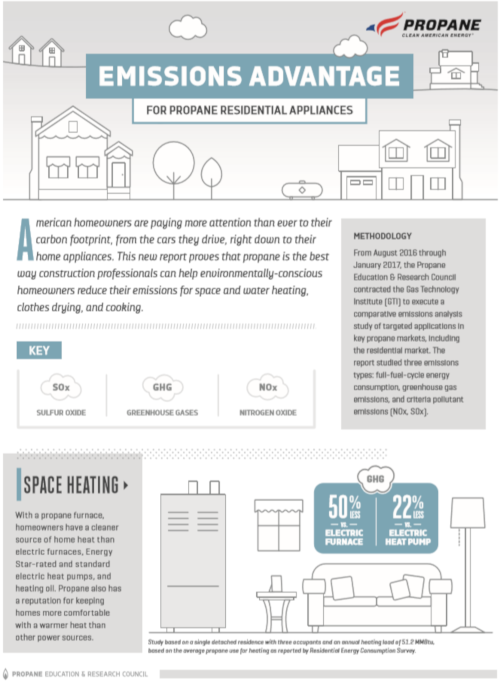 Residential Appliances
Residential Appliances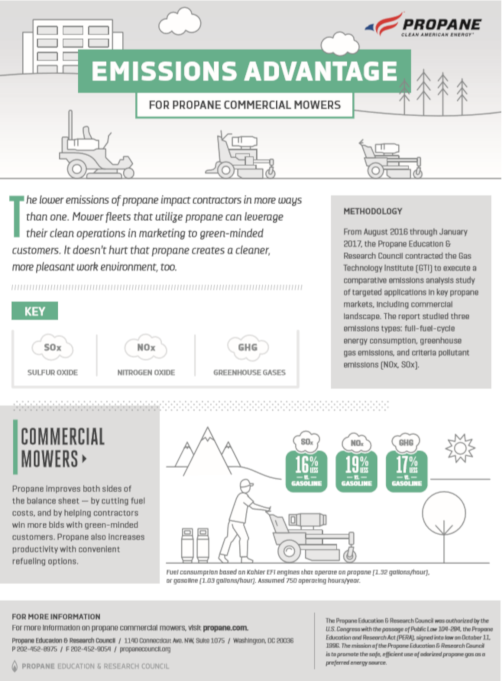 Commercial Mowers
Commercial Mowers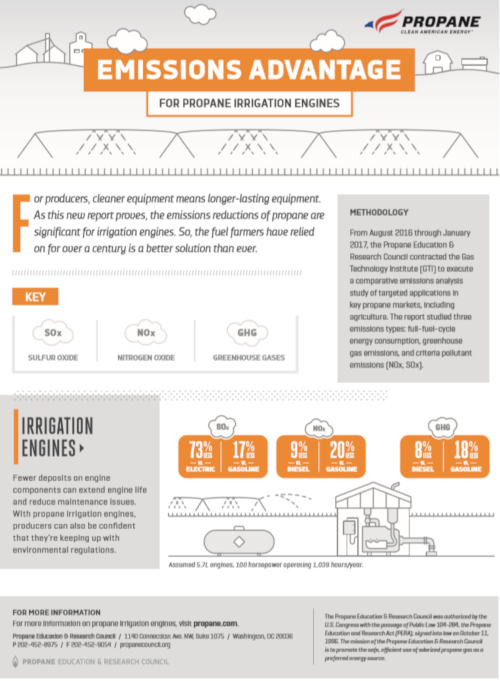 Irrigation Engines
Irrigation Engines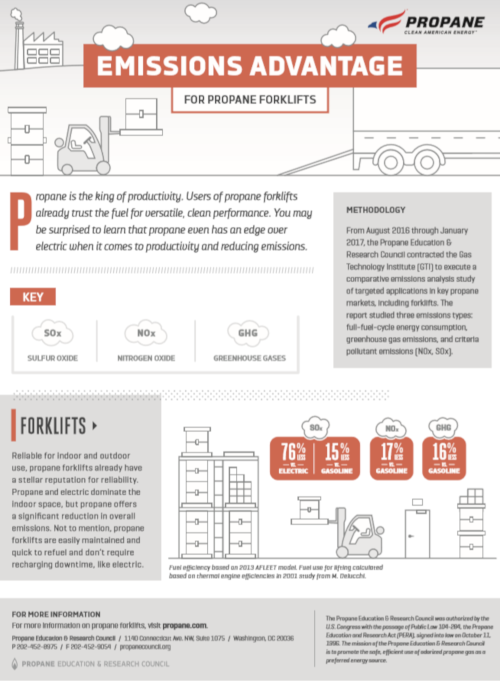 Propane Forklifts
Propane Forklifts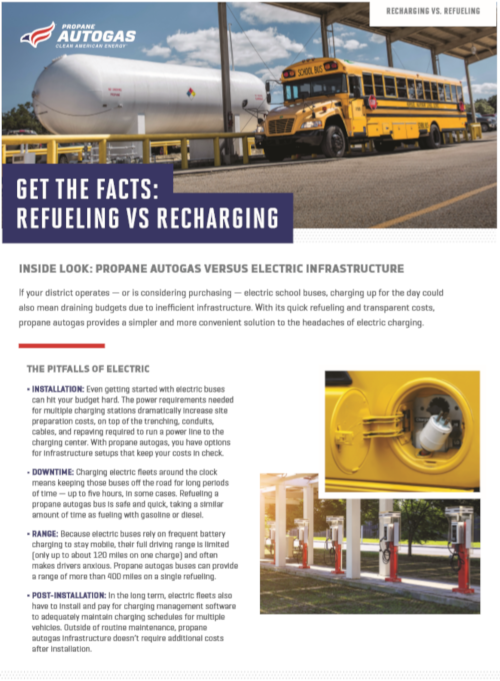 Propane vs Electric Buses:
Propane vs Electric Buses: 


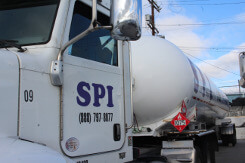

 For All Your Propane Needs
For All Your Propane Needs